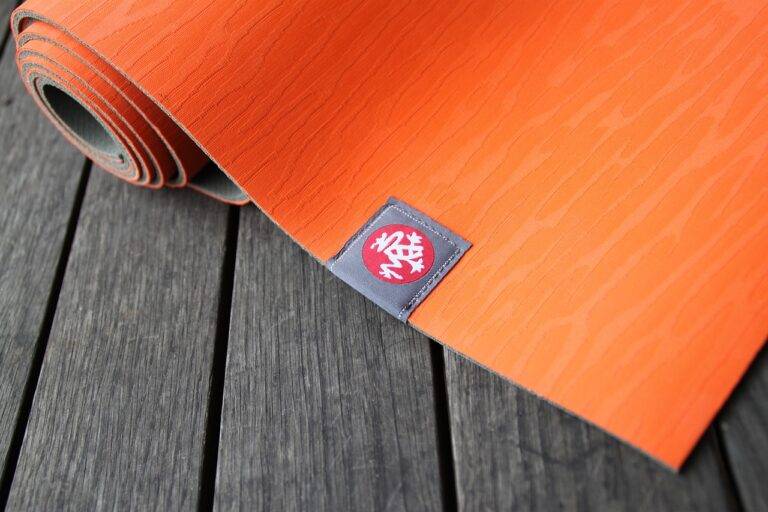Market Analysis: The Surge of Sustainable Fashion
As awareness regarding environmental issues continues to spread, consumers are becoming more conscious of the impact of their fashion choices. This heightened awareness has led to a growing demand for sustainable fashion options among the public. People are now seeking out clothing and accessories that are produced in an environmentally friendly and ethically responsible manner.
In response to this shift in consumer preferences, many fashion brands are now incorporating sustainable practices into their production processes. From using organic and eco-friendly materials to implementing ethical labor practices, companies are recognizing the importance of sustainability in meeting the demands of today’s environmentally conscious consumers. As a result, the fashion industry as a whole is experiencing a significant transformation towards more sustainable and eco-friendly practices.
The Rise of Eco-Friendly Materials in the Fashion Industry
As the fashion industry faces increasing pressure to address environmental concerns, the use of eco-friendly materials has gained momentum in recent years. Designers and brands are turning to sustainable options such as organic cotton, recycled polyester, and bamboo fabrics to reduce their environmental impact. These materials not only help in conserving natural resources but also contribute to promoting ethical practices in the industry.
Moreover, the rise of eco-friendly materials has sparked innovation and creativity in the fashion world. Designers are now experimenting with unconventional materials like pineapple leaves, cork, and even recycled ocean plastics to create unique and environmentally conscious pieces. This shift towards sustainable materials is not only pushing the boundaries of traditional fashion but also setting a new standard for eco-conscious production practices within the industry.
Organic cotton, recycled polyester, and bamboo fabrics are being used to reduce environmental impact
These materials help in conserving natural resources and promoting ethical practices
Designers are experimenting with unconventional materials like pineapple leaves, cork, and recycled ocean plastics
The shift towards sustainable materials is pushing the boundaries of traditional fashion
Eco-friendly materials are setting a new standard for eco-conscious production practices in the industry
Consumer Awareness and the Shift Towards Sustainable Fashion
Consumers today are increasingly prioritizing sustainability when making purchasing decisions, leading to a significant shift in the fashion industry. This change in consumer behavior is driving brands to reevaluate their production processes and materials to align with environmental and ethical standards. As more shoppers become aware of the impact of their choices, they are actively seeking out sustainable fashion alternatives, putting pressure on brands to adopt more eco-friendly practices.
In response to this growing demand, many fashion companies are incorporating eco-friendly materials such as organic cotton, recycled polyester, and Tencel into their collections. These materials not only reduce the environmental footprint of clothing production but also appeal to consumers looking for more sustainable options. By making conscious choices in the materials they use, brands are not only meeting the demands of eco-conscious consumers but also contributing to a larger movement towards a more sustainable fashion industry.
What is sustainable fashion?
Sustainable fashion refers to clothing, shoes, and accessories that are designed, manufactured, distributed, and used in ways that are environmentally friendly and socially responsible.
Why is there a growing demand for sustainable fashion?
Consumers are becoming more aware of the environmental and social impact of fast fashion, leading to a shift towards more sustainable and ethical fashion choices.
What are some examples of eco-friendly materials used in sustainable fashion?
Some examples of eco-friendly materials used in sustainable fashion include organic cotton, hemp, bamboo, recycled polyester, and Tencel.
How can consumers contribute to the shift towards sustainable fashion?
Consumers can contribute to the shift towards sustainable fashion by supporting brands that prioritize sustainability, buying fewer but higher quality pieces, and recycling or donating clothes instead of throwing them away.
What role does consumer awareness play in driving the shift towards sustainable fashion?
Consumer awareness plays a crucial role in driving the shift towards sustainable fashion by influencing purchasing decisions and pushing brands to adopt more sustainable practices.







